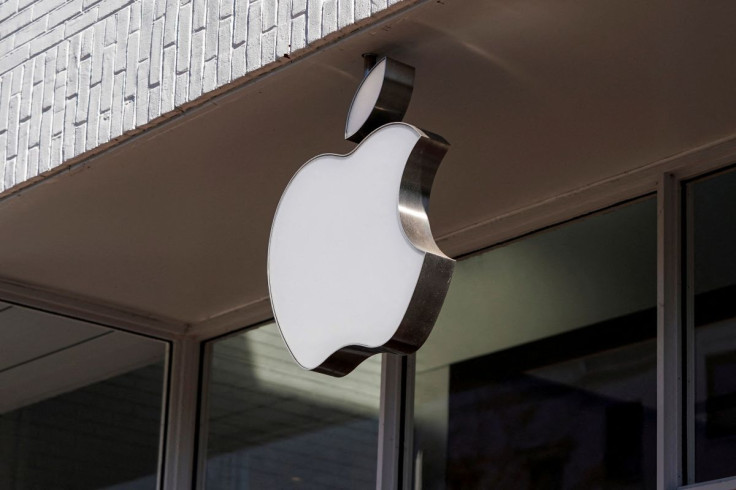Boeing, Exxon, Apple Join Western Firms Spurning Russia Over Ukraine

Boeing suspended maintenance and technical support for Russian airlines and U.S. energy firm Exxon Mobil said it would exit Russia, joining a growing list of Western companies spurning Moscow over its invasion of Ukraine.
Airbus also stopped sending spare parts to Russia and supporting Russian airlines, but said it was analysing whether its Moscow engineering centre could keep providing services to local customers under Western sanctions.
U.S. tech giant Apple said it had stopped sales of iPhones and other products in Russia, while Ford Motor joined other automakers by suspending operations in the country.
Western nations have steadily ratcheted up sanctions on Russia since it invaded Ukraine last week, including shutting out some Russian banks from the SWIFT global financial network.
The measures have hammered the rouble and forced the central bank to jack up interest rates, while Moscow has responded to the growing exodus of Western investors by temporarily restricting Russian asset sales by foreigners.
Russian firms, meanwhile, have felt increasingly squeezed. Sberbank, Russia's largest lender, said on Wednesday it was leaving the European market because its subsidiaries faced large cash outflows. It also said the safety of its employees and property was threatened.
Signalling there would be no let up from the West, U.S. President Joe Biden said in his State of the Union address on Tuesday that his Russian counterpart Vladimir Putin "has no idea what's coming" as he joined European states and Canada in closing U.S. airspace to Russian planes.
Japan Airlines, and an ANA Holdings unit said they were considering routes that avoid Russia.
With international shippers such as Maersk, Hapag Lloyd and MSC suspending bookings to and from Russia, the country has become increasingly shut out of world commerce. Sanctions are also squeezing Russia's aviation sector.
Boeing's said on Tuesday it was suspending operations as other aviation companies face growing European and U.S. restrictions on dealings with Russia clients, affecting leasing planes, exporting new aircraft and providing parts.
CHORUS OF CONDEMNATION
Exxon said it would not invest in new developments in Russia and was taking steps to exit the Sakhalin-1 oil and gas venture, after similar moves to dump assets by Britain's BP, Russia's biggest foreign investor, and Shell Plc.
However, French firm TotalEnergies stopped short of saying it would exit Russia, only saying it would not put in new cash.
Apple, which halted sales in Russia, said it was making changes to its Maps app to protect civilians in Ukraine.
It also joined a growing chorus of Western companies openly condemning Russian actions.
"We are deeply concerned about the Russian invasion of Ukraine and stand with all of the people who are suffering as a result of the violence," Apple said.
"We deplore Russia's military action that violates the territorial integrity of Ukraine and endangers its people," Exxon said, while Ford said in its condemnation: "The situation has compelled us to reassess our operations in Russia."
Motor cycle maker Harley-Davidson Inc suspended shipments of its bikes to Russia. Japan's Honda Motor said it suspended shipments of cars and motorcycles, while the Nikkei newspaper reported Mazda will suspend exports of auto parts to its plant in the country.
The increasing focus of investors in environmental, social and governance (ESG) issues has added pressure on companies to act swiftly in ending ties with Russia and Russian entities.
Big U.S. technology companies said they were continuing efforts to stop Russia from taking advantage of their products.
Apple said it had blocked app downloads of some state-backed news services outside of Russia.
Google, owned by Alphabet Inc, said it had blocked mobile apps connected to Russian state-funded publisher RT from its news-related features, including the Google News search.
Google also barred RT and other Russian channels from receiving money for ads on websites, apps and YouTube videos, mirroring a move made by Facebook.
Microsoft said it would remove RT's mobile apps from its Windows App store and ban ads on Russian state-sponsored media.
© Copyright Thomson Reuters 2024. All rights reserved.




















